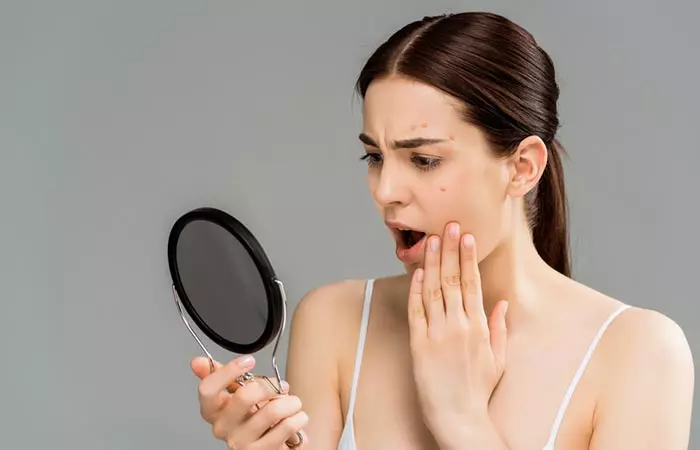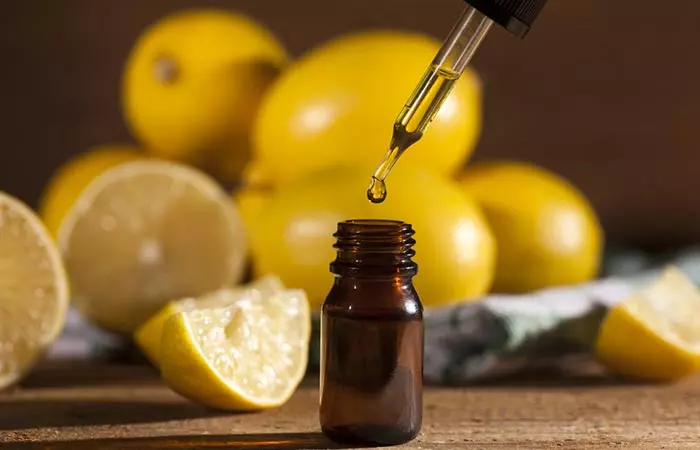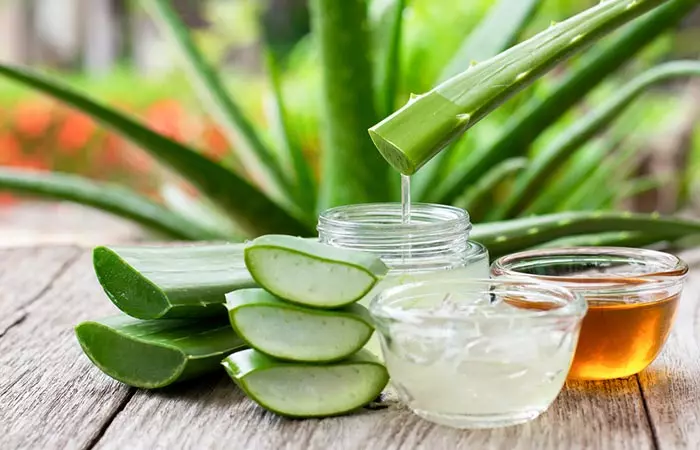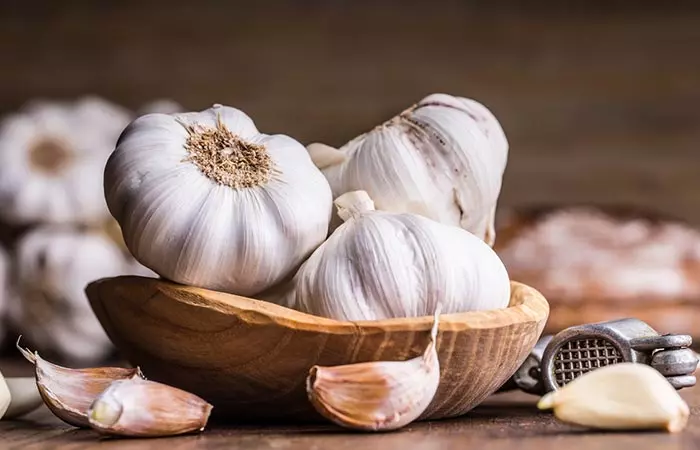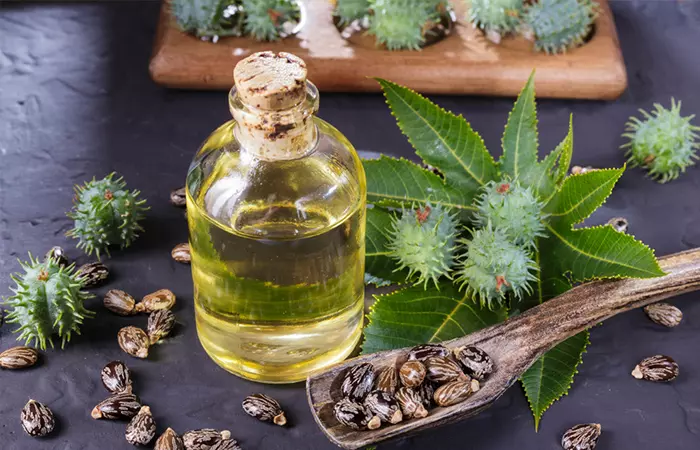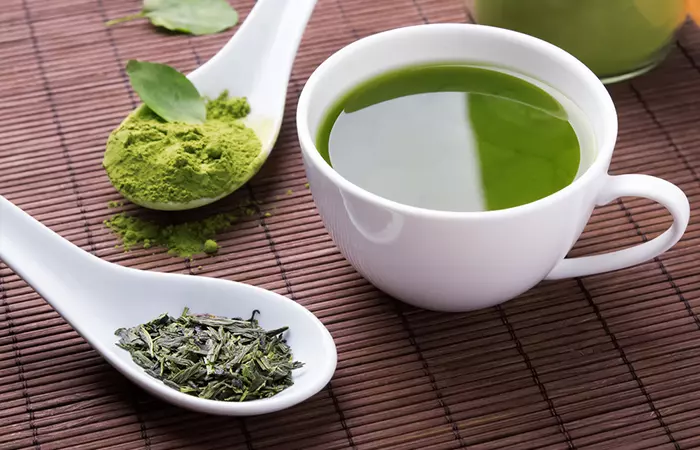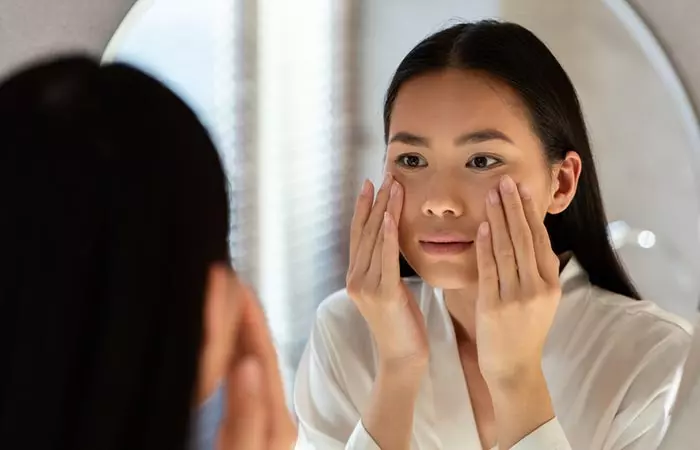The function of the skin barrier is to fight and keep out foreign substances such as viruses and bacteria and maintain the moisture level in your skin. When your skin becomes dry, it cannot protect the skin from foreign substances, which causes a buildup of dead skin. This results in blackheads, pimples, or whiteheads. A retrospective study of 1,167 acne patients from January 2008 to March 2015 aimed to evaluate differences between adults and teenagers in terms of acne prevalence, patient sex, acne severity, and quality of life. Among the participants, there were 385 female and 69 male adults, and 378 female and 335 male adolescents. The study found a higher prevalence of acne in females compared to males. “Mild acne” was the most common form, and there were no significant differences between sexes in terms of smoking habits, time of onset, and family history of acne. The study highlights the need for a tailored approach to diagnosing and managing adult acne, considering the unique characteristics associated with it. In this article, we have listed several natural remedies you can try at home to get rid of acne on dry skin. Check them out below!
What Causes Acne On Dry Skin?
Dry skin is not usually a serious condition, but it can become uncomfortable and unsightly. It is generally triggered by environmental factors like:
Hot/cold weather Low humidity Bathing in hot water Use of harsh soaps and cleansers Chemical irritants like laundry detergent residues
While acne is generally associated with oily skin, it is also becoming increasingly common in dry skin. Those with dry skin are more prone to the build-up of:
Dead skin cells Cosmetic products Dirt and bacteria
The build-up of such particles on the skin can put you at an increased risk of developing acne. Hormonal imbalances and clogging of hair follicles by dry skin flakes are also common triggers of acne. Dry skin disrupts your skin barrier, making it much more prone to inflammation and breakouts (1). These are the natural ways to get rid of acne. The following are some scientifically-proven ways to eliminate acne on dry skin.
14 Home Remedies For Acne On Dry Skin
1. Lemon Oil
Lemon oil has antioxidant properties that can repair free radical-induced damage on the skin (2). This, in turn, can help control acne. It also contains magnesium ascorbyl phosphate, which has a hydrating effect on the skin (3). Caution: Do not use this home remedy if you have sensitive skin as lemon oil may cause redness and irritation. Also, apply sunscreen before stepping out after using this home remedy as lemon oil makes your skin photosensitivei Extreme sensitivity to UV rays, which makes the skin prone to sunburn. . You Will Need
2-3 drops of lemon oil 1 teaspoon of carrier oil (coconut oil or almond oil)
What You Have To Do How Often You Should Do This Once daily.
2. Neem
Neem has powerful antimicrobiali Substances that eliminate microorganisms like bacteria and mold and prevent them from spreading diseases. and anti-inflammatory properties (4), (5). These properties may help in easing acne. A study conducted on mice found that neem leaf extract can prevent skin dryness (6). Note: You can replace natural neem leaves with neem oil for a more hydrating effect on your skin. You Will Need
10-15 neem leaves Water (as required)
What You Have To Do How Often You Should Do This Once daily.
3. Honey
Honey possesses moisturizing properties that can help nourish and heal dry skin, while its antimicrobial nature can help inhibit the growth of the acne-causing bacteria, making it a great option among home remedies for dry skin on face (7), (8). You Will Need
1-2 teaspoons of organic honey
What You Have To Do How Often You Should Do This 1-2 times daily.
4. Turmeric
Curcumin, one of the main components of turmeric, is anti-inflammatory and antimicrobial (9). Thus, turmeric may help get rid of acne on dry skin. This makes it a useful ingredient in face packs for dry skin. You Will Need
1 teaspoon of turmeric powder Water (as required)
What You Have To Do How Often You Should Do This Once daily.
5. Aloe Vera
Aloe vera has anti-inflammatory and antimicrobial activities. It can be used in combination with topical ointments, like tretinoin, to treat mild to moderate acne (10). You Will Need
Freshly extracted aloe vera gel
What You Have To Do How Often You Should Do This 1-2 times daily.
6. Rose Water
Rose extracts have anti-inflammatory and antioxidant properties (11). The topical application of rose water may help reduce acne and soothe dry skin. You Will Need
Rose water Cotton balls
What You Have To Do How Often You Should Do This Multiple times daily, preferably after cleansing your face.
7. Orange Peel
Orange peel exhibits antimicrobial and anti-inflammatory properties. It also helps improve skin elasticity (12). Therefore, it may help reduce acne on dry skin. You Will Need
Peel of an orange Water (as required)
What You Have To Do How Often You Should Do This Once every alternate day.
8. Tomatoes
Acidosis (a disturbance in the pH balance of your body) is a leading cause of acne. Tomatoes are rich in alkaline minerals like calcium, potassium, and magnesium that can restore the natural alkaline balance of the body. Thus, they can prevent acidosis and, ultimately, acne (13). You Will Need
½ ripe tomato
What You Have To Do How Often You Should Do This Once daily.
9. Tea Tree Oil
Tea tree oil exhibits strong antimicrobial and anti-inflammatory properties (14). Thus, it could be an effective remedy for treating acne on dry skin. However, make sure to not use it in excess as it may dry out your skin further. You Will Need
2-3 drops of tea tree oil 1-2 teaspoons of carrier oil (coconut or almond oil)
What You Have To Do How Often You Should Do This Once daily.
10. Cucumber
The topical application of cucumber paste can help reduce sebumi A waxy substance produced by sebaceous glands that protect the skin moist and prevent dryness. production without drying out the skin. It also moisturizes your skin. Thus, it can help in getting rid of acne on dry skin without causing further irritation (15). You Will Need
A few slices of cucumber
What You Have To Do How Often You Should Do This Once daily.
11. Garlic
Garlic contains allicin, which has antimicrobial properties (16). Thus, it may help kill the acne-causing bacteria and give you clearer skin. Note: Remove garlic immediately from the skin if it starts burning. You Will Need
3-4 garlic cloves
What You Have To Do How Often You Should Do This Once daily.
12. Potato Peel
A study conducted on mice found that potato skin has anti-inflammatory effects on the skin (17). Therefore, it may help reduce the redness and irritation caused by acne. You Will Need
Potato peels
What You Have To Do How Often You Should Do This Twice daily.
13. Castor Oil
Castor oil exhibits anti-inflammatory, hydrating, and antimicrobial properties that may help reduce acne and promote skin health (18). You Will Need 1 tablespoon of castor oil 1 tablespoon of olive oil What You Have To Do
14. Green Tea
The polyphenols in green tea have antimicrobial properties that may inhibit the growth of acne-causing bacteria (19). Green tea may also help improve skin hydration (20). You Will Need
1 tablespoon of green tea powder 1 teaspoon of honey
What You Have To Do While these remedies can help you in managing your dry skin and acne issues, make the following changes in your daily skin care regimen to prevent future breakouts.
Tips To Prevent Acne On Dry Skin
To avoid pesky breakouts and maintain that glow, it’s essential to understand how different products and habits can make all the difference. By checking out the essentials of a skincare routine for dry skin, you’ll be well-informed and on your way to clearer, more balanced skin in no time!
- Choose the right products:
Use non-foaming cleansers as they are less drying. If you are taking treatments for acne, use non-medicated cleansers. Choose a non-comedogenici Any ingredient or substance that does not clog the pores and cause breakouts. products, especially moisturizers that treat dry skin but do not clog your pores. Avoid using skincare products that contain harsh and drying ingredients like alcohol, menthol, and eucalyptus. Use gentle skincare products. Do not use comedogenici Any ingredient or product that has the potential to clog pores and cause breakouts. cosmetics.
- Do not wash your face more than twice a day: Over-washing your face may strip away the natural oils of your skin. To avoid this, use a moisturizing cleanser to retain your skin’s moisture levels.
- Moisturize regularly: Moisturize your skin daily to keep it from drying. You can use moisturizers that are formulated for sensitive skin as they are mild yet effective. Samara, a lifestyle blogger, stresses on the importance of a simple skin care routine to manage excessive acne. She shares her method of moisturizing, following a double cleanse with mild, irritant-free products, for her extremely sensitive acne-prone skin. She writes, “I applied my moisturizer on damp skin. Waited for it to get absorbed and then applied my only treatment product that was adapalene (a retinoid derivative). Applied on dry skin (i).” After the treatment, she applied a second layer of moisturization for double barrier protection.
- Avoid using harsh scrubs: Harsh scrubs may create micro-tears on the skin’s surface, thus weakening its barrier and making your skin more prone to dryness. 5 . Always apply sunscreen: Wearing sunscreen daily prevents sun damage and provides sun protection to your skin. It also helps reduce the redness caused by acne.
Do not exfoliate: Exfoliation can strip away the natural oils from your skin and aggravate the dryness. Exercise regularly: There is a direct relationship between stress management and the severity of acne (21). Working out and practicing yoga regularly have stress-busting effects on the body and mind, which can reduce the severity of acne.
Annie Em, a lifestyle vlogger with dry and sensitive skin, shares how she recovered from hormonal acne. She agrees that stress management is important to keep flare-ups at bay, and while she agrees that daily fitness, journaling, and meditation are wonderful tools, they need long term practice and do not work overnight. She says, “So, mindfulness has really helped me personally, and that is the active thought of being present and being grateful for what is around you and not what is in your head. Especially when you are dealing with a lot of stress in your family life, in your personal life, with work (ii).” For her, feeling gratitude for what she saw and positive self-talk worked in minimizing the daily stress that she encountered.
Follow a healthy and well-balanced diet: A well-planned diet for dry skin can make a big difference in keeping your skin healthy and hydrated. Diet and nutrition also play a part in keeping dry skin healthy and hydrated. Avoid processed cheese and dairy products that are associated with acne. Increase water intaketo promote skin hydration. Load up on veggies and fruits that are rich in nutrients like vitamin E and zinc. Also, consume nuts rich in omega-3 fatty acids. Probiotics also help improve gut health and boost healthy bacterial growth.
Besides using home remedies and making changes in your skincare regimen, you can also try out over-the-counter medications to manage severe acne. Check them out below.
Over-The-Counter Acne Medications
Some acne treatments can dry out your skin further. Consult a dermatologist to find out which medications are best suited for your skin. The common topical formulations prescribed for treating acne include:
Retinoidsi A class of chemicals derived from vitamin A and used in cosmetics to reduce the signs of aging. , which are available as gels, creams, and lotions (22) Antibiotics like benzoyl peroxide (Benzaclin, Duac, Acanya) and erythromycin (23) Salicylic acid and azelaic acid (24) Dapsone, which is available as gels and creams (25)
Most of these medications are over-the-counter formulations that can be used for treating acne. These formulations are usually prescribed in combination with oral antibiotics or contraceptives. How do you treat dry acne-prone skin in the winter? Give the above remedies and tips a shot. You can also avail of medical treatment and try over-the-counter formulations if necessary for the right winter skincare. Is Neutrogena good for acne? Yes, Neutrogena has a range of oil-free acne washes and moisturizers, which can work well with acne-prone skin. Which is the best moisturizer for acne-prone skin? It is best to use a mild, oil-free moisturizer for acne on dry skin. Neutrogena and Cetaphil are popular brands that sell such moisturizers. Home remedies like aloe vera and honey can help too. Is my skin dry or dehydrated? If you haven’t been drinking enough fluids, you probably have dehydrated skin. If your skin feels dehydrated, it means it lacks water, whereas, dry skin is a result of your skin lacking natural oils. Does flaky skin mean acne is healing? Flaky skin is usually a result of dryness. However, if flakiness occurs after starting acne treatment, it may be due to the healing process. What ingredients are good for dry acne-prone skin? Benzoyl peroxide, salicylic acid, azelaic acid, sulfur, adapalene, alpha hydroxy acid and vitamin C are good for dry acne-prone skin. “Having dry skin and acne can be a challenge. Follow these 5 tips to treat dry acne and get your skin looking healthy again! Check this video to know how!”
